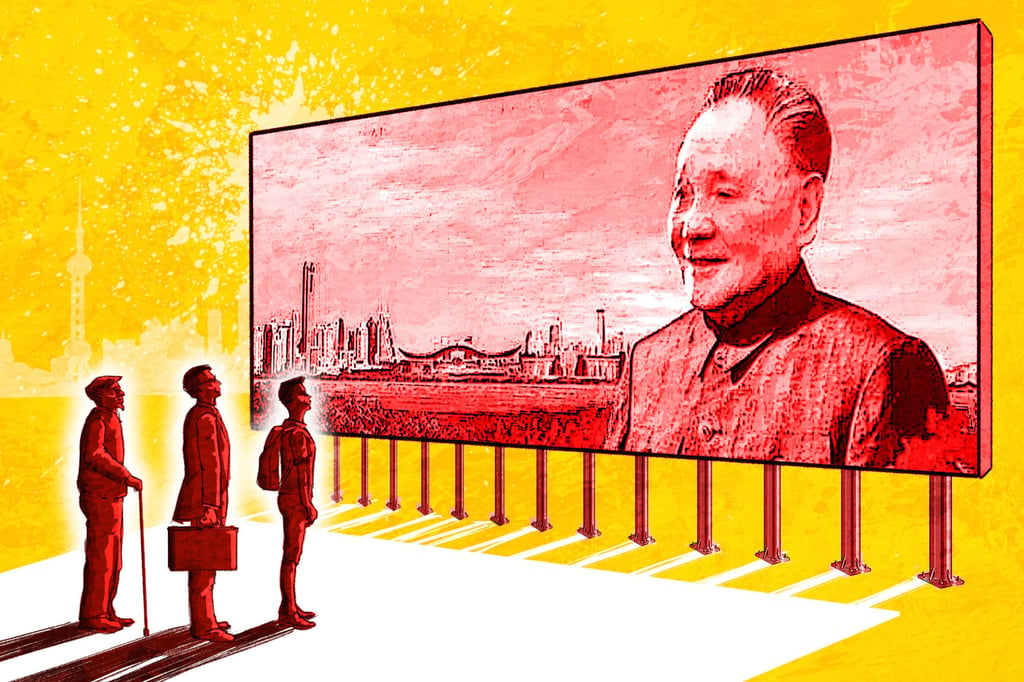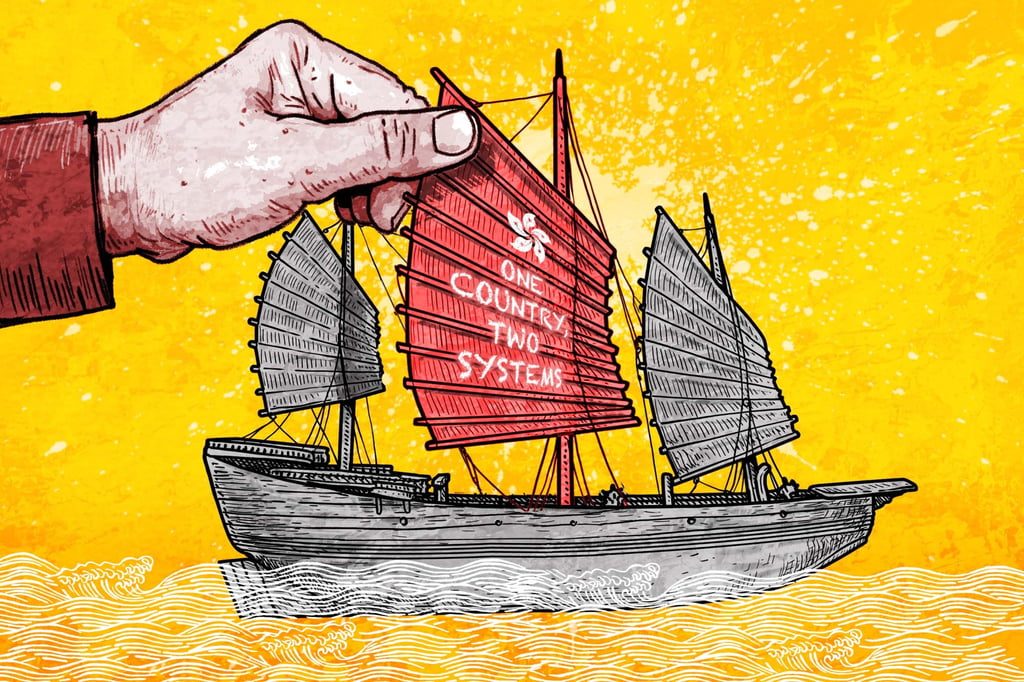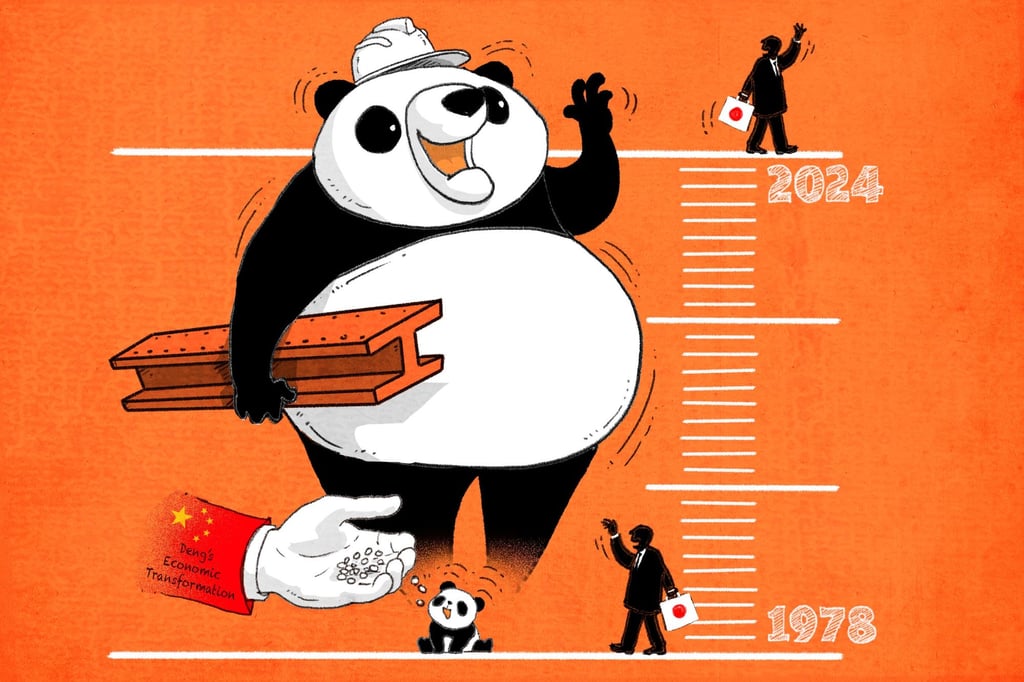A high-level symposium was chaired by then-president Hu Jintao, who made a detailed account of Deng’s achievements in line with protocol, and made use of the occasion to rally support for his leadership.
The second such symposium was held by President Xi Jinping 10 years ago in the Great Hall of People in Beijing, where he also gave a long speech to commemorate Deng.
Although there was nothing surprising from Xi’s speech at the time, there were already discussions among overseas China watchers about whether Xi was mimicking Deng or Mao Zedong.
After only two years in office, Xi had already shown some signs of assertive leadership, taking down powerful officials in his anti-corruption campaign and forming many leading groups that put him personally in charge of many realms of governance.
While 10-year anniversaries are occasions for the commemoration of an important event or a person in Chinese tradition, the 120th anniversary does not stand out from the rest.
But how Xi celebrated Deng and related himself to the former leader’s legacy this year attracted considerably more attention than the event from 10 years ago.
There are also discussions about whether the concentration of power under Xi has deviated from norms set by Deng delegating power to a collective of leaders.
From Xi’s point of view, however, he has not deviated from Deng’s legacy. Instead, he wants to be seen as someone who has carried Deng’s vision forward, and ultimately achieved goals the two share.
Since March, state media have rolled out articles calling Xi a “reformer”, rhetoric intended to put Xi on a par with Deng.
How Xi interprets Deng’s legacy – and uses it to justify the bold steps he has taken – is being watched closely by many observers.
Xi also said it was essential to understand the “spirit” behind Deng’s theories and adapt them to changing situations, a veiled reference to current policies which may be perceived as a break from the past.
What should be changed, we should change unswervingly, what shouldn’t be changed, we should not change
Xi emphasised how Deng had vowed to safeguard socialism in China after “political turmoil” in 1989, referring to the Tiananmen Square protests, and said Deng had never ruled out the possibility of unifying Taiwan by force.
“What should be changed, we should change unswervingly, what shouldn’t be changed, we should not change,” Xi said.
But Xi will face many new challenges, public sentiment being one of them.
In Deng’s time, the introduction of the market economy brought a sense of optimism about the opportunities ahead, even though income levels were low at the time.
Deng, though he held absolute power, has remained a popular figure internationally, but China during Xi’s time has been seen as a threat by many Western countries.
60-Second Catch-up
60-SECOND CATCH-UP
Deep Dives

As China celebrates Deng Xiaoping’s legacy, the country is again at a crossroads
Chairman Mao Zedong called him the “steel factory” for his uncompromising resolve. Yet he was also a master of charm – winning the hearts and minds of the American public in one swoop by donning a cowboy hat on the first visit by a Chinese communist leader to the US.
The “chief architect” of the greatest economic liberation programme in history was also the man who demanded that the Communist Party “unwaveringly uphold the dictatorship of the proletariat”, nipping the country’s democracy movement in its bud.

As China recounts Deng’s legacy, Xi’s challenge to motivate country in focus

Deng Xiaoping’s one country, two systems path for Hong Kong – a work in progress
In late 1991, Hong Kong businessman Frederick Ma Si-hang desperately wanted to sell his company’s stake in a luxury hotel in Beijing for some much-needed cash.
But Jin Guang New World Hotel in Beijing charged only US$20 per room a night amid a sluggish economy and stiff competition. No buyer wanted to touch it.

How China used Japanese know-how to outpace rival in EV, steel production
Even to the casual observer, the streets of China look very different compared to a few short years ago.
Global Impact is a weekly curated newsletter featuring a news topic originating in China with a significant macro impact for our newsreaders around the world.







